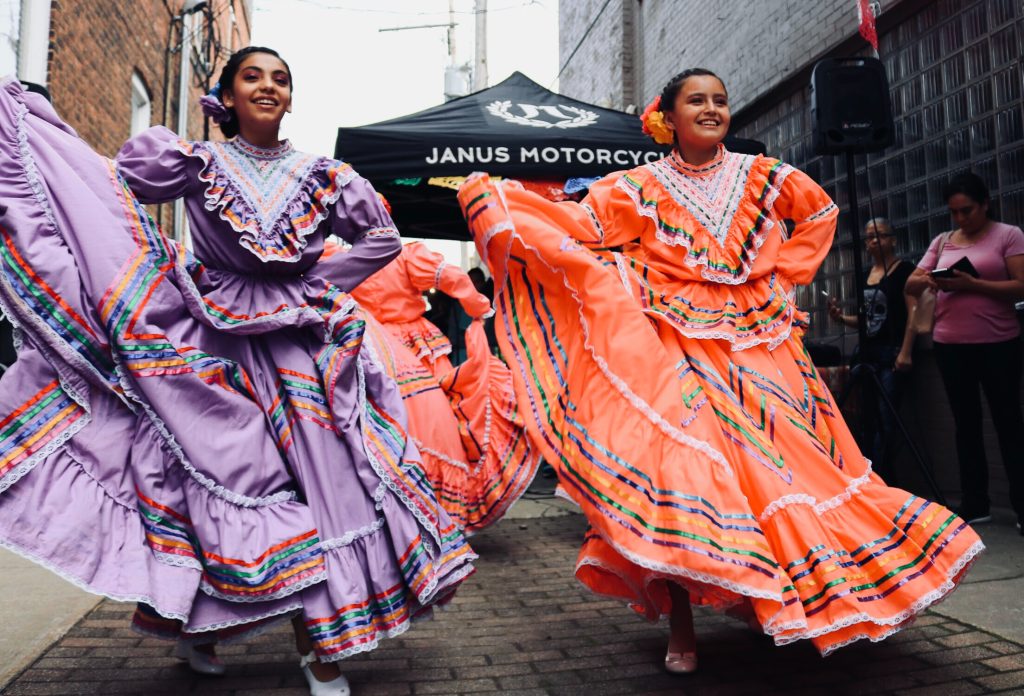
As Hispanic Heritage Month approaches, it’s time to discuss the differences between Hispanic and Latiné identities as Hispanic Heritage Month approaches. People often misinterpret the two ethnicities to be synonymous, however, they are not. Those of Hispanic heritage are individuals who speak Spanish or have a background in a Spanish-speaking country such as Spain. Latiné refers to Spanish-speaking individuals from Central America, Latin America, or the Caribbean.
The celebration of Hispanic Heritage Month first began in the year of 1968 under the presidency of President Lyndon Johnson and later, was extended in 1988 by President Ronald Reagan to enclose a 30-day period beginning on September 15th until October 15th. The observation began in order to celebrate the culture, history, and contributions made by those of Hispanic and Latino heritage to the United States. September 15th is the anniversary of independence for many Central American countries such as El Salvador and Honduras. Mexico and Chile celebrate their independence on the 16th and 17th of September, which all fall within Hispanic Heritage Month timeframe.
Obrian Rosario is the President of ¡Chango!, the only student association on Howard University’s campus that offers representation for Hispanic and Afro-Latiné/Latiné communities, and addresses inclusivity in the languages.“Hispanic Heritage month is not perfect or inclusive and that is just because of the words in our vocabulary. Hispanic and Latino, neither of the two encapsulate the entirety of the community, and it is also difficult to classify such a wide array of diverse folks.” said Rosario. ¡Chango! serves to spread awareness of the Latine culture within the African diaspora to the Mecca and encourages students to celebrate the Afro-Latiné experience at Howard.
Hispanic is often misused as a term to describe race rather than an ethnicity which creates overlap within the Hispanic and Latiné communities. Just like the African diaspora, which includes Afro-Latinidad, the lines between Hispanic and Latiné are complex. Due to this misconception, many believe that both the Hispanic and Latiné communities celebrate Hispanic Heritage month which could be true for some individuals.
When asked if he celebrates Hispanic Heritage month, Rosario said, “I wouldn’t say that I celebrate it. [But] I have always recognized it as something that is celebrated, people might talk to me about it but it never really felt that special to me up until this year, now that I am the President of ¡Chango!, because I do want to take advantage of the time that is already set up (although Hispanic Heritage month may not be perfect or inclusive) to celebrate our culture, our people, and our resistance.”
Briana Alvarado, the Communications Chair of ¡Chango! responded similarly when asked if she celebrated Hispanic Heritage month. “I personally do not celebrate it. It’s not really something that has been ingrained in my culture; being Dominican-American, I don’t think we recognize it like that. I’ve always viewed it as a Central or South American thing.” she replied.
As it is to Rosario, those of the Latiné community still believe that it is important to recognize this time and to celebrate the vastness of Hispanic and Latiné culture. This month, take time to be further educated on the different Latiné and Hispanic cultures and find ways to celebrate these cultures. Around Washington, D.C. there will be events all month long such as screenplays, festivals, history exhibitions, and more.
Visuals from their Instagram are below with further information! This month, ¡Chango! will be planning programming, hosting events, and posting more social media content in celebration of Hispanic Heritage Month which begins on September 15th, 2022.

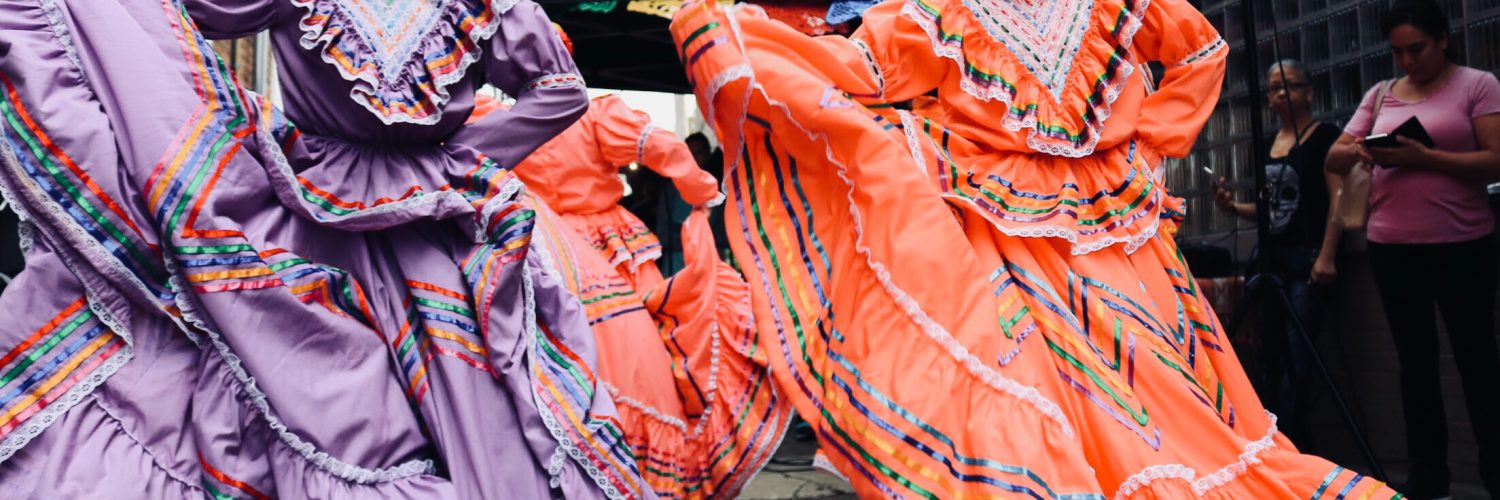

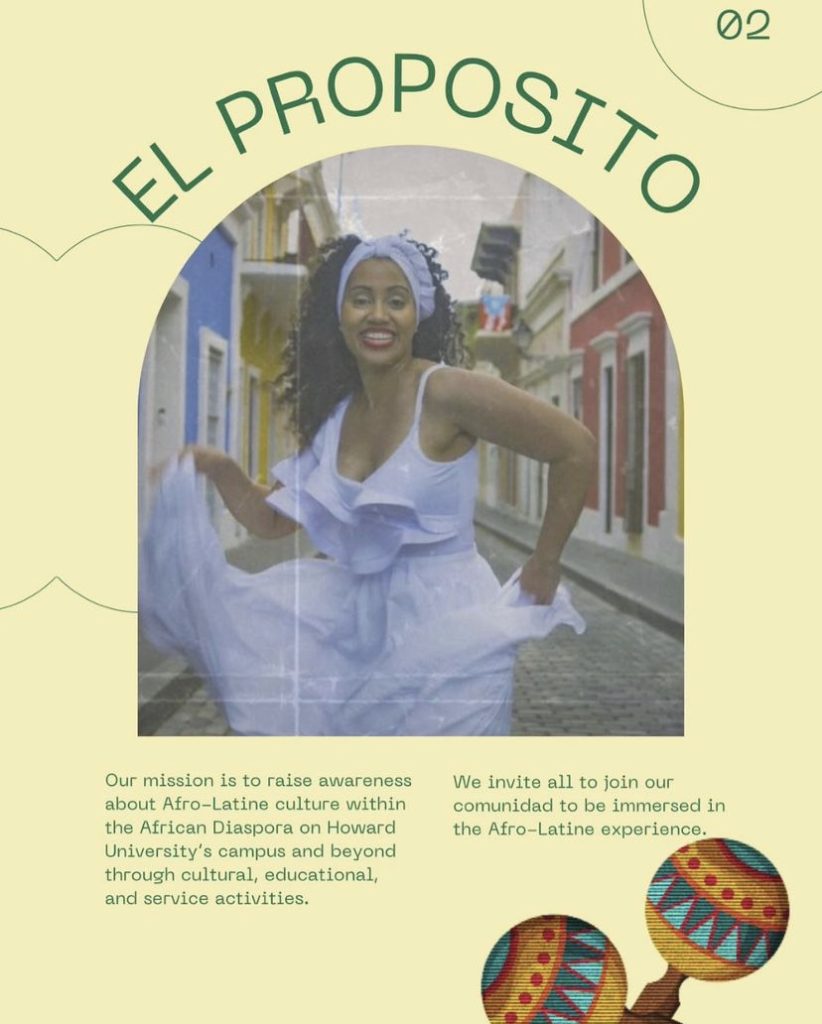
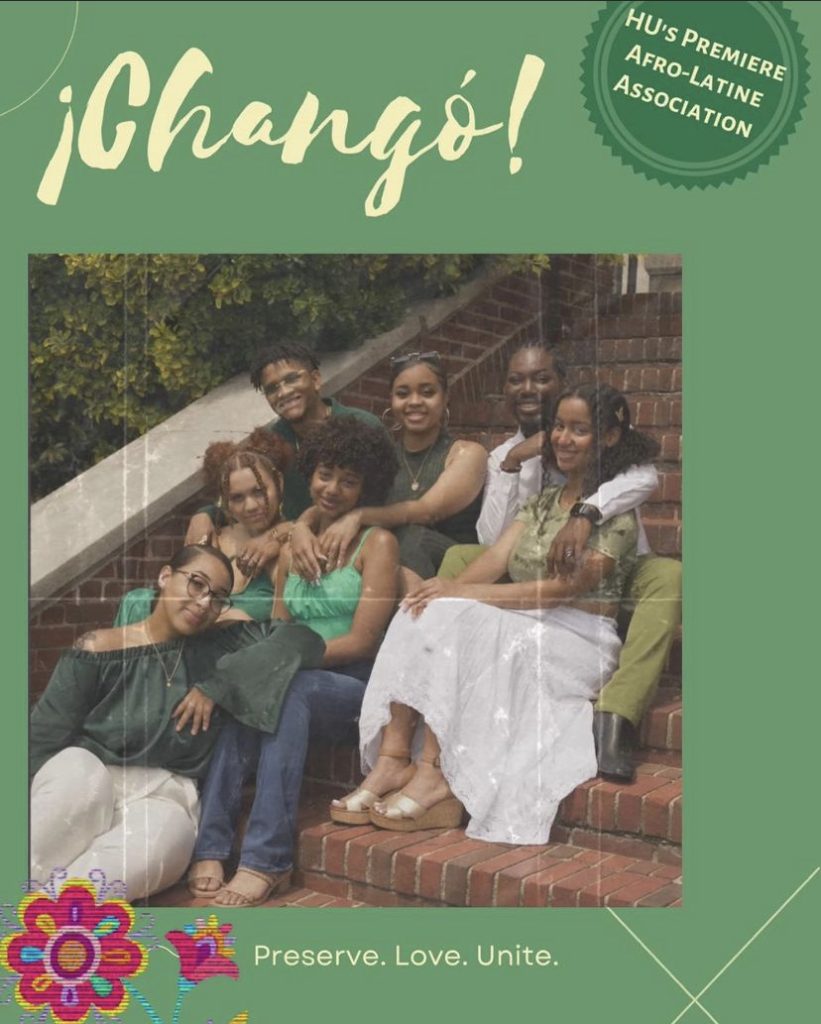







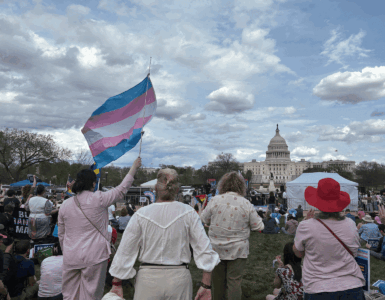
Recent Comments